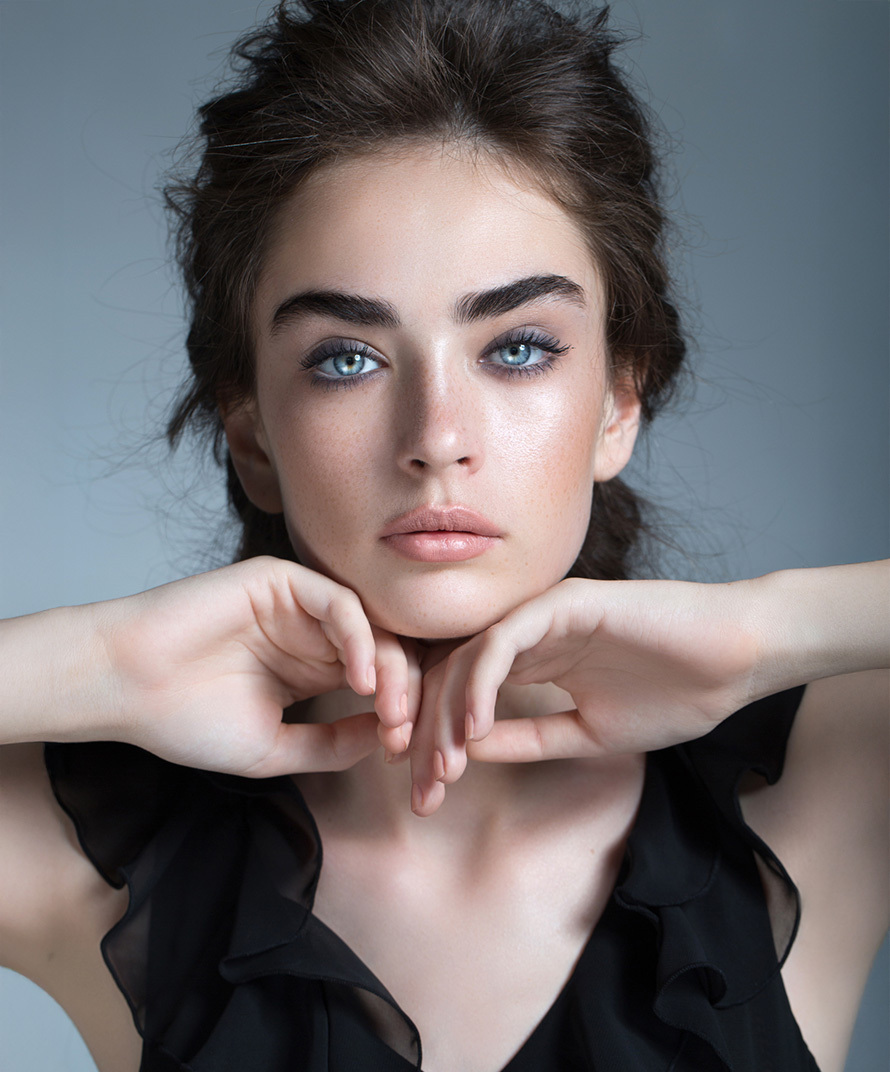The luxury marketing landscape is characterized by a blend of technology, sustainability, personalization, and a commitment to values. Brands that embrace these trends are not only meeting the evolving expectations of their consumers but also shaping the future standards of elegance and luxury.
1. Digital Elegance
Luxury brands are redefining elegance in the digital realm. This involves creating online experiences that mirror the sophistication and exclusivity traditionally associated with luxury. From visually stunning websites to immersive virtual events, brands are leveraging digital platforms to engage and captivate their discerning audience.
Example: Luxury fashion brands are creating visually stunning and immersive websites. For instance, Dior’s online platform combines high-quality visuals, exclusive content, and a seamless shopping experience, replicating the luxury of an in-person boutique.
2. Sustainable Luxury
With a growing emphasis on ethical consumption, luxury brands are embracing sustainability. This trend involves adopting eco-friendly practices, from sourcing materials responsibly to reducing carbon footprints. Consumers now seek brands that align with their values, pushing the luxury industry to prioritize sustainability in every aspect of production.
Example: Gucci’s commitment to sustainability includes using recycled materials and incorporating eco-friendly practices. Their “Off The Grid” collection features sustainable materials and emphasizes the importance of mindful consumption.
3. Personalized Immersion
Hyper-personalization goes beyond just addressing customers by their names. In 2024, luxury brands are creating immersive, tailor-made experiences. This involves understanding individual preferences and delivering personalized products, services, and interactions that resonate on a deeply personal level.
Example: Burberry’s Personalization Hub uses data analytics to offer customers personalized product recommendations and exclusive content. This goes beyond basic personalization, providing a holistic and deeply tailored shopping experience.
4. Metaverse Presence
Luxury brands are stepping into the metaverse, creating virtual spaces and experiences that extend beyond physical limitations. From virtual fashion shows to immersive branded environments, the metaverse provides a new frontier for engaging with consumers in innovative and exciting ways.
Example: In collaboration with a virtual fashion house, Balenciaga hosted a metaverse fashion show. Users could attend, interact, and even purchase virtual versions of the showcased designs, pushing the boundaries of traditional fashion events.
5. Tech-Infused Retail
In-store experiences are evolving with the integration of cutting-edge technology. Augmented reality (AR), virtual reality (VR), and smart mirrors are enhancing the luxury shopping experience. Technology is seamlessly integrated into physical spaces to provide a harmonious blend of the digital and physical realms.
Example: Ralph Lauren’s flagship stores incorporate smart mirrors. Customers can use these mirrors to request different sizes, colors, or styles without leaving the fitting room, enhancing the convenience and personalization of the shopping experience.
6. Storyliving, Not Just Telling
Brands are moving beyond traditional storytelling to create narratives that consumers can live and experience. This immersive approach involves inviting consumers to be a part of the brand’s story, fostering a deeper emotional connection and a sense of belonging.
Example: Chanel’s “Inside Chanel” series goes beyond storytelling by creating an immersive journey into the brand’s history. It allows consumers to live the brand’s legacy through a multimedia experience that includes videos, articles, and interactive content.
7. Conscious Consumption
Discerning consumers are seeking authenticity and purpose from luxury brands. They want to support brands that align with their values and contribute positively to society and the environment. Luxury brands are responding by incorporating social and environmental responsibility into their core identity.
Example: Rolex’s commitment to ethical sourcing of materials for its watches. By ensuring responsible mining practices, the brand appeals to consumers who prioritize transparency and social responsibility in their luxury purchases.
8. Exclusivity Redefined
Exclusivity is taking on a new meaning. While traditional exclusivity may have been about limited access, today’s luxury consumer values inclusivity, accessibility, and a sense of community. Brands are finding ways to make consumers feel like part of an exclusive club, regardless of traditional markers of exclusivity.
Example: Louis Vuitton’s “LV Squad” is an exclusive online community for its top clients. Members gain access to personalized services, exclusive events, and previews of new collections, fostering a sense of belonging and exclusivity.
9. Artificial Intelligence in Luxury
AI is playing a pivotal role in luxury marketing. From predictive analytics to personalized recommendations, AI is enhancing the customer journey. Luxury brands are leveraging AI to understand customer preferences, anticipate needs, and deliver a level of service that feels truly bespoke.
Example: Net-a-Porter uses AI to provide personalized shopping recommendations based on customer behavior. The platform analyzes past purchases, browsing history, and fashion preferences to curate a bespoke shopping experience.
10. Blockchain for Transparency
Blockchain technology is being adopted for transparent and traceable supply chains. In the luxury industry, where authenticity is paramount, blockchain ensures the origin and journey of products can be verified. This provides consumers with confidence in the genuineness of high-end goods.
Example: De Beers, a high-end diamond retailer, uses blockchain to trace the journey of diamonds from the mine to the consumer. This transparency ensures authenticity and ethical sourcing, addressing concerns related to the diamond supply chain and the life of the diamond once in the hand of the consumer.
The luxury marketing landscape in 2024 is characterized by a blend of technology, sustainability, personalization, and a commitment to values. Brands that embrace these trends are not only meeting the evolving expectations of their consumers but also shaping the future standards of elegance and luxury.
